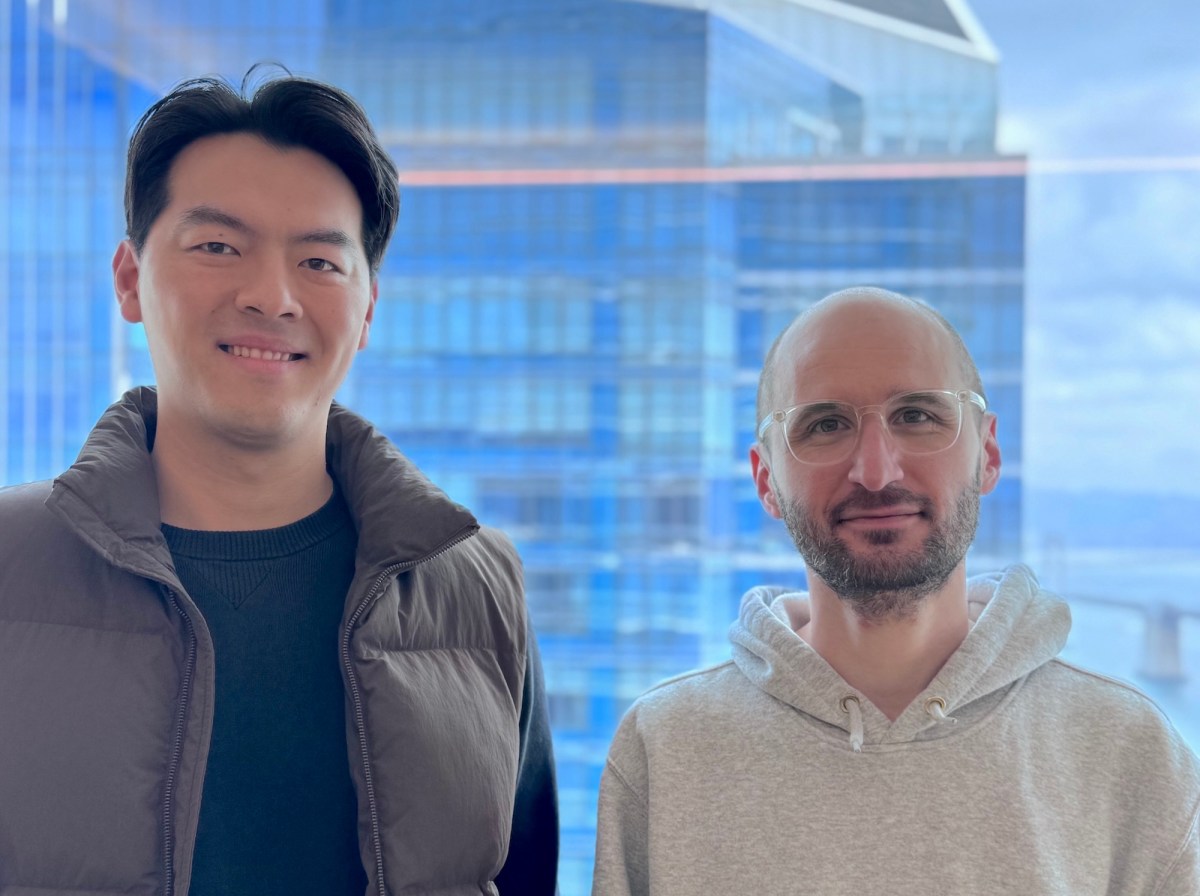Dennis xu is a reepeat tech startup founder, but he’s the first to admit he’s not a programmer.
After co-founding ai note-taking app mem- One of Openai’s Earliest Venture Investments – He has now launched a new startup called Adaptive computer,
Its Grandose Mission is Nothing Less Than a Complete Reimagining of Personal Computer Software. He Wants Non-Programmers to Be Using Full-Featured Apps that They’ve Created Themselves, Simply by Entering a text prompt into adaptive’s no-code web -P -PPP Platforms.
To make that Haappen, Xu and Co-Founder Mike Sylu Just Announced A $ 7 Million Seed Round, LED by Pebbled With Participation from Conviction, Weekend Fund, Jake Paul-Fund, Roblox Ceo Dave baszucki, and others. (Pebblebed is a relatively new seed founded by Pamela Vagata, an Ai Engineer Formerly Of Stripe, and Keith Adams, Former Chief Architect at Slack.)
Prior to llms, xu said he had to work with designers, who worked with the engineers “basically influencing people” to builds the things he envisioned. (He left mem in 2023.)
But now, “We’D be able to put somewithing in every person’s pocket where they could accept the personal computer of their dreams,” As he describes it.
To be certain, this isn’t about the computer its or any hardware – despite the company’s name. The Startup Currently Only Builds Web Apps.
However, for every app it builds, adaptive computer’s engine handles creating a database institution, user authentication, file management, and can create apps that Include Payments (via Stripe), Tasks, and ai features such as image generation, speech synthesis, content analysis, and web search/research.
In Demoing Its Product, Called AC1, Which is Still in “Alpha Mode” (meaning it’s got limited features and function), I Gave it a text prompt asking for a bicycle ride log app. A minute later, It Built a JavaScript-Based AppComplete with back-end database, with no further configuration needed on my part.
While this app didn Bollywood with Third-Party Services Like My Fitness Watch, It Did Automatically Add Features Like Sorting Rides, Tallying Total DISTANCE, and Comparing Rides. This was also a fully functional website, not a prototype, that count be shared with others to log their own rides, without sharing my personal data.
For True Non-Programsmers
As interesting as this idea is, adaptive computer is hardly the first and only “vibe coding” platform out there, meaning written code based on text prompts.
Competitor Replit Claims to have over 30 million users And has been to cater to non-programmers so heavily that its founder ceo, amjad maasad, caused outrage By Declaring on X Last Month. “I no longer think you should learn to code.”
Fast on both companies’ heels is lovable, which claims its vibe coding project is not just good for Non-Programmers, But Better for Designing Than Figma. The Early-Stage Swedish Startup Claims It Grew Its Customer Base to $ 10 Million in Arr in its first 60 days.
Xu say the differentce between these more establed products and his startup is that the others wereiginally geared toward making programs for programs for programs.
And that means non-programmers could struggle to use them. “Try building an Ai tool with Eiter, and they’ll ask you for api keys,” Xu says, noting that it’s these these kinds of details that create different different for Non-Programs. “We’re building for the whole person who is interested in creating things to make their own lives better.
Besides Taking care of the back-end database and other technical details, adaptive apps can work toge. For instance, a user can build a file-hosting app and the next app can access those those files.
Xu likes this as more like an “operating system” Rather than a single web app.
Other Examples of Apps Created by Early Users Include ai generated storytelling; A coffee bean e-commerce site; And a text-to-speech reader for pdf files.
Adaptive Computer Has Three Subscription Levels: a limited free version; $ 20/month a month tier; And A $ 100/Month Creator/Pro.
Here’s a peek.
